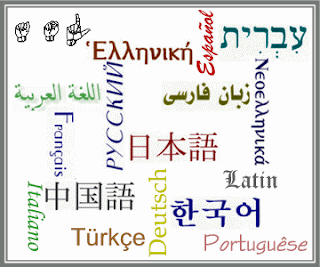Valentine’s Day With The Wisdom Of Love Influencers
“If
you love someone set them free”.
I
bet Sting wrote this line after not finding a decent present for
Valentine’s Day.
Yes,
Valentine’s Day is coming and it’s that time of year when
marketers and lovers get shaky. Expectations are high: some need to
deliver big romantic gestures and some cheesy-themed campaigns. Both
can’t afford to screw things up.
But
who deeply and madly expects this day? To answer this question, we
monitored the mentions of Valentine’s Day for the last couple of
weeks. We found out that though love is (hopefully) a mutual thing,
when it comes to Valentine’s Day the inequality rises to the sky.
After
analyzing 240k mentions of Valentine’s Day here’s what we found:
78%
of the mentions were made by women, most of them are at the age of
18-24 (47%). Most of the mentions were made by people from the US
(51%) and the UK (26%).
It’s
worth mentioning that while women may care more about Valentine’s
Day, men do the actual spending. According toForbes,
men spend an average of $175 on gifts and cards while women spend an
average of $88.
Looking
deep into the conversations and content that people shared, one can
sense an additional narrative that thrives beneath the surface. Among
the many gift wish lists, there’s also the theme of those who are
going to spend the day alone. Think about it: singles who resent
Valentine’s Day, and couples that aren’t fond of the red-wrapped
gifts, can paradoxically be also a target audience for this day’s
campaigns. Take the latest Durex campaign as an example of cutting
out the cliches (no
worries, it’s SFW).
After
seeing the great expectations differences among men and women, we
sensed that Valentine’s Day can help celebrate the love but also to
generate a relationship crises.
So
for the sake of reaching Valentine’s Day’s finish line in a
Rom-Com style and not like a Romeo and Juliet story, we started
looking for experts’ advice.
Read
More Here <<=>>
http://klear.com/blog/valentines-day-quotes-by-influencers/?utm_source=newsletter





Комментарии